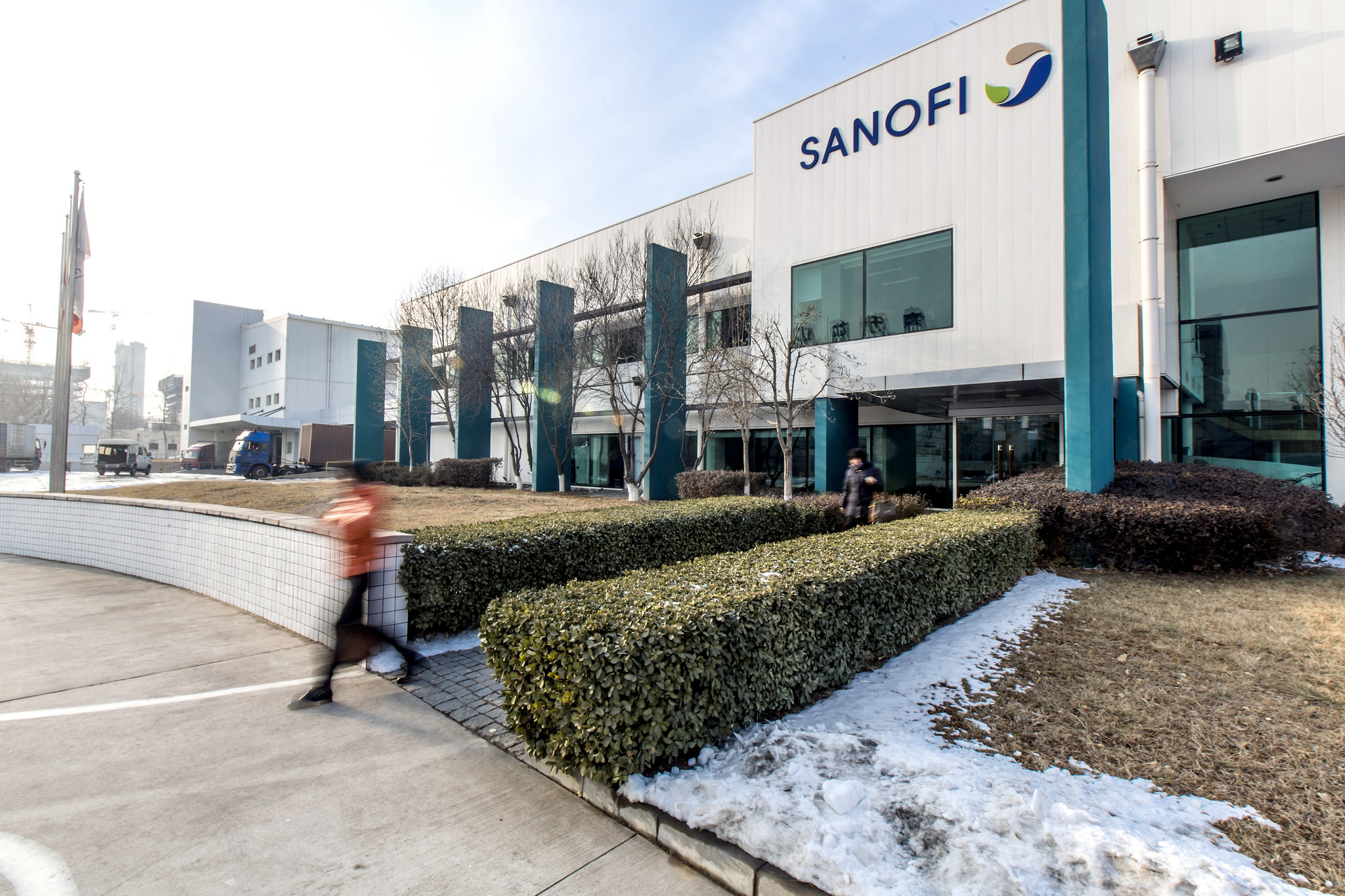After FDA rejection, EU says yes to Sanofi's Aubagio in kids with MS

Sanofi's Aubagio has become the first oral therapy approved for first-line use in children and adolescents with multiple sclerosis in the EU, a few days after the same indication was turned down by the FDA in the US.
The results of the phase 3 TERIKIDS trial were deemed adequate to get a green light from the European Commission, but were rejected as inadequate last week by the FDA, which has asked Sanofi to carry out another trial in paediatric MS.
MS affects around 2.8 million people worldwide, and while it is much more common in adults there are estimated to be around 30,000 children and adolescents with the chronic neurodegenerative disease.
The European Commission has given the go-ahead to Aubagio (teriflunomide) for patients with relapsing/remitting forms of MS aged 10 to 17, in addition to its existing indication for adults aged 18 and over.
While rare, paediatric MS tends to be more aggressive than in adults with a higher relapse rate and more lesions in the brain and spinal cord where an autoimmune reaction has stripped the myelin sheath off nerve cells.
Prior to the approval of Aubagio, the only options for children with MS were injectable therapies like beta interferons and glatiramer acetate.
Aubagio missed its primary objective in the TERIKIDS trial, failing to show a significant improvement over placebo in reducing clinical relapses, although numerically the drug reduced the rate by 34%.
Sanofi has said the study was affected by a higher than expected rate of patients switching from the main double-blind portion of the trial to an open-label extension phase, which reduced its statistical power.
Aubagio remains one of Sanofi's biggest-selling drugs, bringing in more than €2 billion last year, although its growth has slowed due to increasing competition in the marketplace.
The MS market is being disrupted by newer biologics such as Roche's Ocrevus (ocrelizumab) and Novartis' Kesimpta (ofatumumab), which require less frequent dosing, as well as new oral drugs with impressive efficacy data like Novartis' Mayzent (siponimod) and Bristol-Myers Squibb's Zeposia (ozanimod).
The market has also been affected by the arrival of low-cost generics of one of the main oral therapies, Biogen's blockbuster Tecfidera (dimethyl fumarate), in the US.











